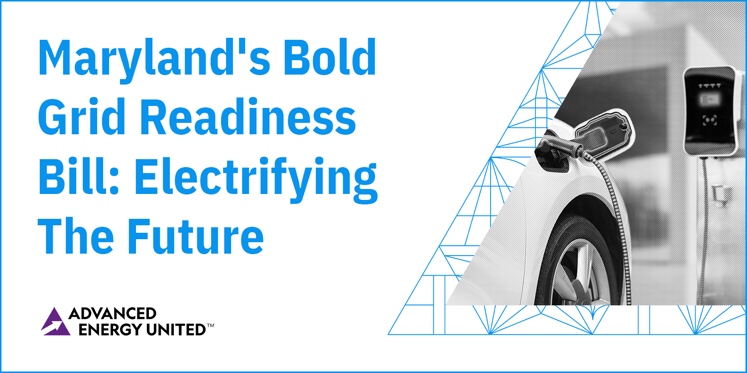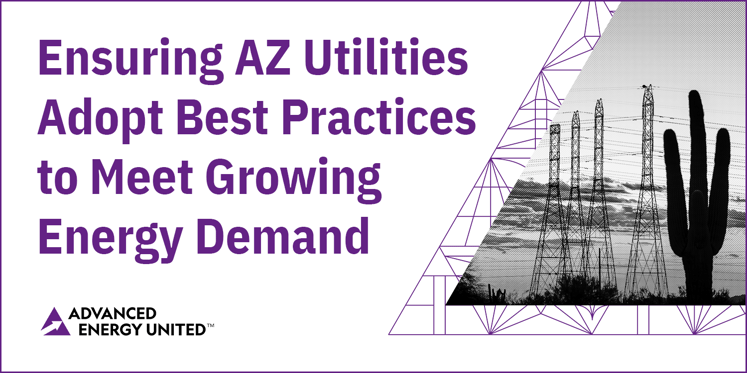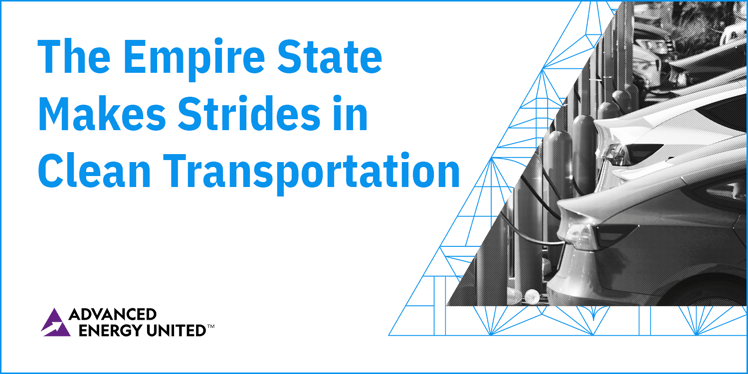
In recent years, Maryland has emerged as a frontrunner in clean energy leadership nationally, fueled by ambitious goals for clean energy and clean transportation. Policies like the Climate Solutions Now Act of 2022, the Advanced Clean Trucks (ACT) Rule, the Advanced Clean Cars II (ACCII) Rule, and the Maryland Building Energy Transition Plan prioritize electric vehicles (EVs), clean energy, and building electrification. However, while these policies are vital and the goals in them need to be met, their full implementation is going to require an electric system that we don’t yet have—and now there is groundbreaking legislation being considered in Annapolis that would address this aspect of the clean energy transition as well.


.png?width=749&height=375&name=Blog%20Graphic%20Gov.%20Whitmer%20Codifies%20Plan%20for%20100%25%20Clean%20Energy%20by%202040%20(1).png)
